Introduction
Let's begin by addressing the elephant in the room, shall we? The Kawasaki Ninja 500 is a rather expensive proposition. At over Rs. 6 lakh (on-road in Mumbai), it is eye-wateringly costly and the company’s poor decision to bring this bike to the country via the CBU route is to blame. Ideally, Kawasaki should have made the Ninja 500 in India, and while at it, pulled the plug on the archaic Ninja 300. Because as we found out during the course of this test, the Ninja 500 is an impressive motorcycle.

Styling and quality
The Ninja 500’s design looks like an evolution of the Ninja 400’s design and that is not a bad thing at all. The ‘500’ gets a sharper-looking front end with its new LED headlights, while the cuts and creases on the side fairing as well as the new upswept tail section with the integrated triangular LED tail light are neatly executed. It’s got the quintessential supersport attributes when it comes to design and on the whole the Ninja 500 looks good. That said, I wish Kawasaki had also brought the Ninja 500 SE to our shores as that bike not only gets better features but also looks striking in the Kawasaki Racing Team or KRT colours. In contrast, the rather staid black colour of our test bike robbed it of road presence which a certain section of customers require when they are paying a high price.

The quality of the parts on the Ninja 500 is good for the most part but there is scope for improvement. The quality of the plastics used for the switchgear, for instance, could’ve been better and the same goes for some of the black plastics around the instrument cluster. To me, when you consider quality, the class benchmark is the Yamaha R3.
Ergonomics and comfort
The Ninja 500’s riding position balances the sporty and comfort aspects exceedingly well. While the footpegs are rear-set, they aren’t extreme and the handlebars aren’t set uncomfortably low either. Even the seat is spacious with generous padding for a supersport. I, for one, never had any trouble spending two hours commuting or even on a full day of touring on the Ninja 500.

Performance and handling
The business end of the Ninja 500 is where the bike redeems itself off some of its shortcomings, which we will get to in a bit. While the displacement has gone up over its predecessor, the Ninja 400, this parallel-twin engine has a newfound poke in the mid-range and that makes it more tractable in the city. What this means for the rider is fewer gear shifts while dealing with the hassle of congested city commutes.
Switch the setting to an open road and here’s where the engine truly comes into its own. The Ninja 500 can get up to triple-digit speeds and beyond in a manner that is thoroughly entertaining. In fact, while the engine is slightly buzzy at speeds around 80kmph, there are barely any vibrations around the 110-120kmph mark. Those speeds are what I’d say as a reasonably quick pace for our highway conditions.

At those speeds and even in the city, the bike rides over bad patches with composure. It may have a telescopic fork and monoshock setup but the way the suspension has been tuned gives the Ninja 500 the ability to toe the fine line between ride and handling with a good degree of finesse. It isn’t upset by most mid-corner bumps and even the low steering effort required during direction changes makes this bike quite predictable, which a lot of newbies will appreciate. What we would’ve appreciated, however, is better tyres. While the Dunlops are good for the most part, they could do with more feedback. Also, on Mumbai’s slippery mastic asphalt roads and amateurly laid out concrete surfaces, the tyres didn’t inspire a lot of confidence.
Meanwhile, the brakes on the Ninja 500 are decent and offer enough bite and feedback, despite the axially mounted setup.
Features and technology
The Kawasaki Ninja 500 isn’t going to win any medals when it comes to features. In fact, this is an area where the motorcycle feels lacking, especially in light of competition like the Aprilia RS 457.

There’s dual-channel ABS but no traction control and the negative LCD instrument cluster simply doesn’t belong to a bike at this price point. It does have Bluetooth connectivity but the Ninja 500 SE with its modern, TFT would’ve made for a far more compelling proposition, at least for those who want a feature-rich motorcycle.
Fuel efficiency
The Kawasaki Ninja 500 was subjected to the BikeWale fuel efficiency test and it passed with flying colours. For a twin-cylinder engine to deliver 28.7kmpl in the city is great, especially when you consider that it is more than what some single-cylinder bikes around the same displacement bracket manage to deliver. In fact, you won’t be surprised if the Ninja 500 manages to cover well over 30kmpl on the highway.
Should you buy it?
The Kawasaki Ninja 500 is a genuinely likeable motorcycle for more reasons than one. To me, the engine’s performance and communicative handling are the big positives and are the reason why I had a good time astride this motorcycle. So much so that it got me thinking about how bad I feel about Kawasaki India’s decision to import this bike and consequently price it out of reach of the sportbike enthusiasts. This is such a wasted opportunity and I hope, sincerely, that Kawasaki shows more commitment to this segment.

It needs to take calls that need to be taken, price the Ninja 500 sensibly, and address this one large spoiler in what is otherwise a very good motorcycle.
Photos by Kaustubh Gandhi
Gallery
1/7
Kawasaki Ninja 500 Instrument Cluster
Double Tap to Zoom







![Kawasaki Ninja 500 [2024-2025] Image Kawasaki Ninja 500 [2024-2025] Image](https://imgd.aeplcdn.com/272x153/n/cw/ec/171195/ninja-500-right-side-view-2.jpeg?isig=0&q=80)

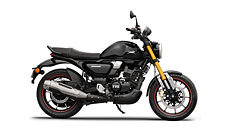
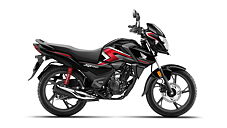
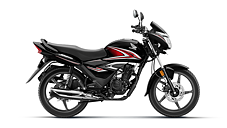

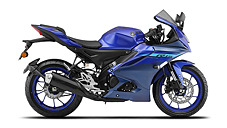
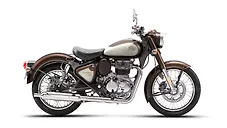
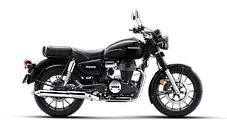
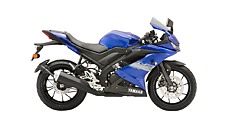
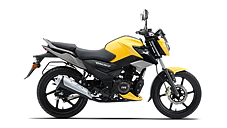
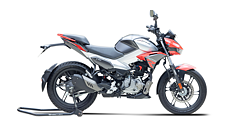
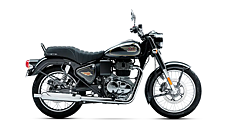
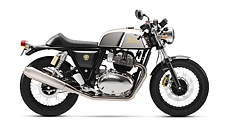
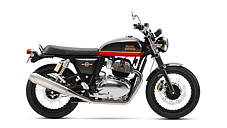
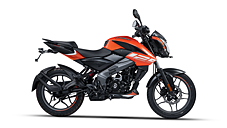
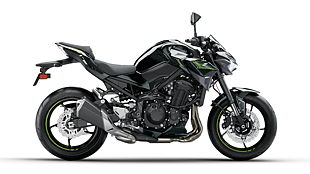
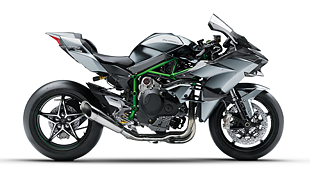
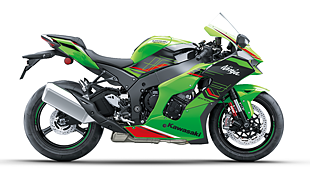




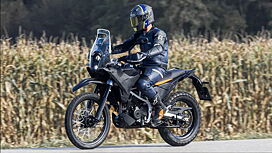
![KTM 390 Adventure X [2025] KTM 390 Adventure X [2025]](https://imgd.aeplcdn.com/272x153/n/cw/ec/190885/390-adventure-x-2025-right-side-view.jpeg?isig=0&q=80)